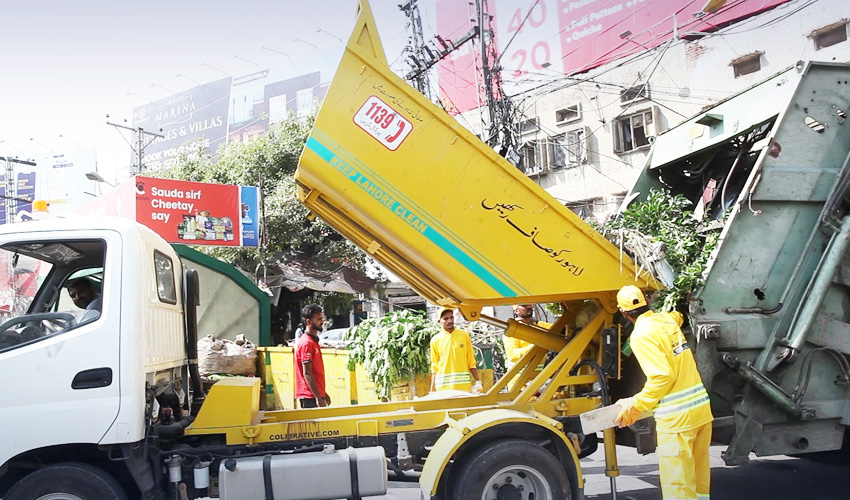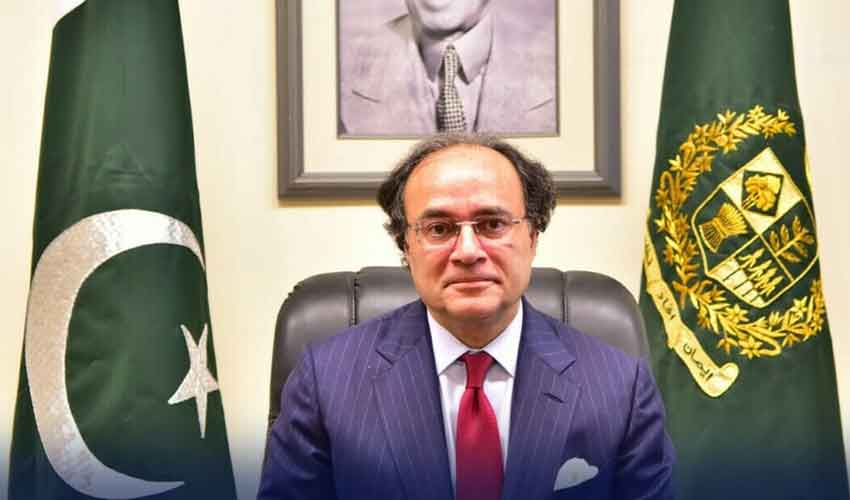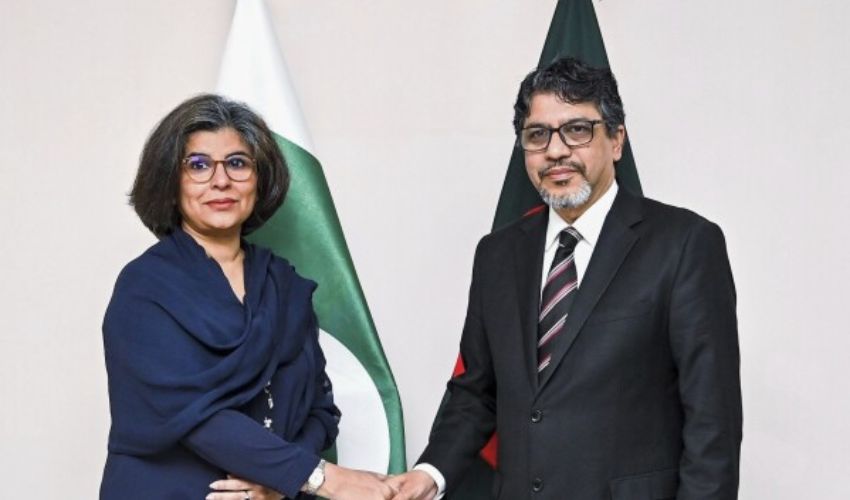After dropping petrol and electricity bombs, the government has decided to impose another tax on citizens.
The local government has now decided to collect tax on garbage collection also; houses will be charged Rs50, shops Rs200, petrol pumps Rs1,000 and industrial unit owners Rs2,000 per month as sanitation tax.
Each of these set-ups will have to pay the designated amount every month in exchange for civic personnel and sanitary workers picking up trash.
The imposition of this tax would help the government earn revenue worth Rs4.28 billion annually. However, citizens have rejected the sanitation tax.
The tax has been introduced for Multan and its adjoining areas and will be collected from October onwards.
The local government department has tasked its numberdar and patwaris with collecting the tax each month.
Just recently, the Kot Addu Power Company submitted an application to the National Electric Power Regulatory Authority (Nepra) for the approval of what could potentially become the most expensive electricity generation tariff in the country.
Also Read: Nepra asked increase in power tarrif to Rs77.31
This development comes amid ongoing discussions regarding the rising cost of electricity production in Pakistan.
The Kot Addu Power Company is seeking to set the electricity tariff at a staggering Rs77.31 paisa per unit, citing substantial increases in production costs as the primary reason for this request.
Currently, the initial tariff offered by the independent power producer (IPP) company stands at twenty-eight rupees per unit, signifying a considerable escalation if their proposal is accepted.
In an intriguing twist to this narrative, IPP Kot Udu Power, the entity responsible for generating electricity, has been granted an extension of sixteen months during the Pakistan Tehreek-e-Insaf (PTI) administration.
This extension, however, has not come without controversy, as the Senate Power Committee recently declared it illegal, further intensifying discussions on the subject.


























